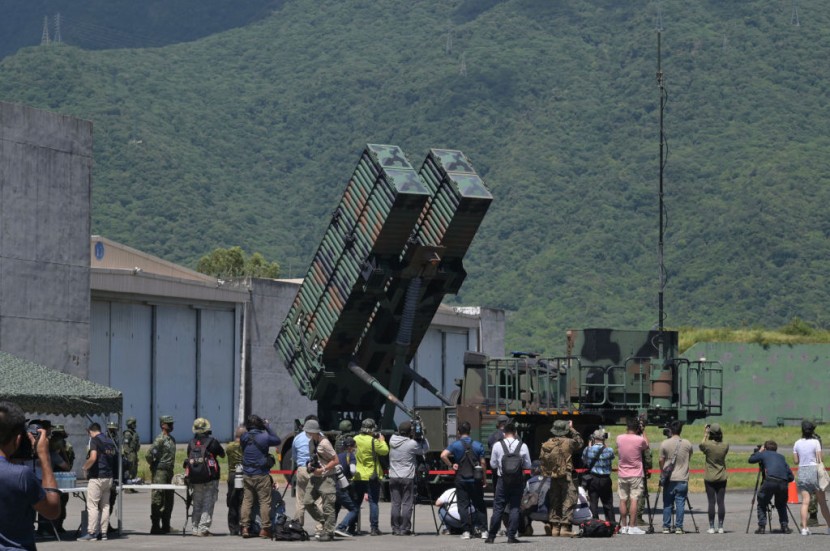
The United States government reportedly wants to jointly produce American weapons with Taiwan despite rising tensions with China as Beijing continues to assert that it has territorial jurisdiction on the self-governing island nation.
The plan was announced by a business lobby on Wednesday and is seen as an initiative that aims to speed up arms transfers to bolster Taipei's defense against China's potential aggression.
US-Taiwan Weapons Production
Since 2017, United States presidents have approved more than $20 billion in weapons sales to Taiwan as China continued to ramp up military pressure on the democratically-governed island. However, Taipei and the US Congress have warned of delivery delays due to supply chain difficulties and backlogs that were caused by increased demand for some systems amid the war between Russia and Ukraine.
The president of the US-Taiwan Business Council, Rupert Hammond-Chambers, said that the plan was right at the beginning of the process. Hammond-Chambers, who leads the council that counts numerous US defense contractors as members, said that it was not yet determined which weapons would be considered as part of the deal, as per Reuters.
He added that the effort would most likely focus on providing Taiwan with more munitions and long-established missile technology. However, Hammond-Chambers warned that any such move would require weapons makers to obtain co-production licenses from the State and Defense departments.
There could also be resistance within the US government in issuing co-production licenses due to the uneasiness about approving critical technology that will be given to a foreign platform. He noted that the plan is a piece of the puzzle and not a game changer.
According to Nikkei Asia, three people familiar with the matter were the ones that revealed the plan. It comes as U.S. Secretary of State Antony Blinken said during an October 17 event in California that there has been a change in Beijing's approach toward Taiwan in recent years.
Defense Against China's Aggression
The American official added that there was a fundamental decision that was made that the status quo is no longer acceptable for China. Blinken said that Beijing was now, more than ever, determined to pursue reunification with Taiwan on a much faster timeline, using force if needed.
On the other hand, Chinese President Xi Jinping is expected to receive a third term as leader at the Communist Party's 20th National Congress, which will run until Oct. 22. This means that he may further increase military pressure on Taiwan to further his agenda.
One source said that discussions regarding the joint US-Taiwan production had already begun and it was likely that US defense companies would provide technology to manufacture weapons in Taiwan or produce them in the US using Taiwan-made parts.
A representative of the US-Taiwan Business Council said that the Hsiung Feng II and III missiles are Taiwanese missiles that were developed by the National Chung-Shan Institute of Science and Technology (NCSIST).
When asked about the matter, one US State Department spokesperson said that all of their options were being looked at to ensure "rapid transfer of defensive capabilities to Taiwan. They added that the swift provision of weaponry was essential for Taiwan's security, ABC reported.








